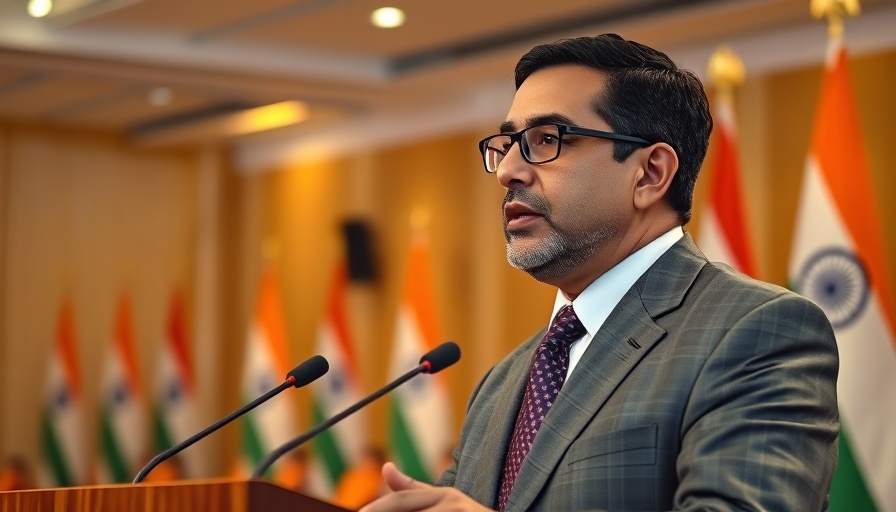
India and China: Recognizing a Shared Struggle Against Terrorism
In a significant diplomatic shift, Prime Minister Narendra Modi positioned India and China as united fronts against terrorism during his recent meeting with Chinese President Xi Jinping. This marked a departure from recent tensions and a willingness to acknowledge common adversities in the realm of security.
Background to the Bilateral Setting
The backdrop of this high-stakes dialogue is not only steeped in historical rivalry but also in the contemporary reality of terrorism that affects both nations. Over recent years, both India and China have faced significant threats from various terror groups, albeit from different spectrums. While India has been battling militant attacks attributed to Pakistan-based groups, China has dealt with violence associated with its own minority groups, particularly in regions like Xinjiang and Tibet.
Geopolitical Implications of Modi's Statement
Modi's assertion resonates on several levels. By framing both nations as victims of terrorism, he seeks not only to strengthen bilateral ties but also to garner support for India’s longstanding requests at international forums for the recognition of threats posed by terrorist organizations. The prime minister urged cooperation from China in combating cross-border terrorism—a plea shaped by previous instances like the 2016 attacks in Uri and Pulwama, which have respectively intensified India's call for an international consensus against terrorism.
Shift from Criticism to Collaboration
The evolution of Modi's rhetoric is particularly noteworthy. Initially, India had been vociferous in criticizing China for its support of Pakistan, especially concerning the latter's financing of terrorism. However, this latest move seems to pivot towards collaborative engagement, which might herald a new chapter in Sino-Indian relations as they prepare for the upcoming Shanghai Cooperation Organization (SCO) summit.
China’s Dual Agenda
China's own challenges with terrorism, particularly in Xinjiang, have led to its extensive counter-terrorism programs that have been the subject of international scrutiny for human rights concerns. Interestingly, while China posits that various ethnic separatist movements like those in Tibet and Xinjiang are rooted in terrorism, India has often focused on the human rights narratives pertaining to these minorities. Modi’s call for mutual understanding invites a delicate balance of addressing terrorism while being sensitive to human rights issues.
Expected Outcomes and Future Trends
As both countries prepare to jointly advocate for counter-terrorism measures within the SCO, there lies an opportunity for a collective strategy that transcends their past grievances. This could potentially lay the groundwork for a more structured dialogue not just in combating terrorism, but also in addressing broader issues like regional stability and economic cooperation.
Conclusion: A Moment of Potential Alignments
This meeting could be a transformative moment in Indo-China relations, embodying the diplomatic angle of recognizing shared challenges while not dismissing their historical differences. As the two nations navigate this complex narrative, the coming days will reveal whether this newfound collaborative spirit can indeed reshape their relationship.
In conclusion, Modi's attempt to unify India and China under the banner of combating terrorism highlights the potential for dialogue amidst turbulent histories. Should both countries leverage this moment for genuine cooperation, it could signal a significant shift in regional dynamics for years to come.
 Add Row
Add Row  Add
Add 




Write A Comment